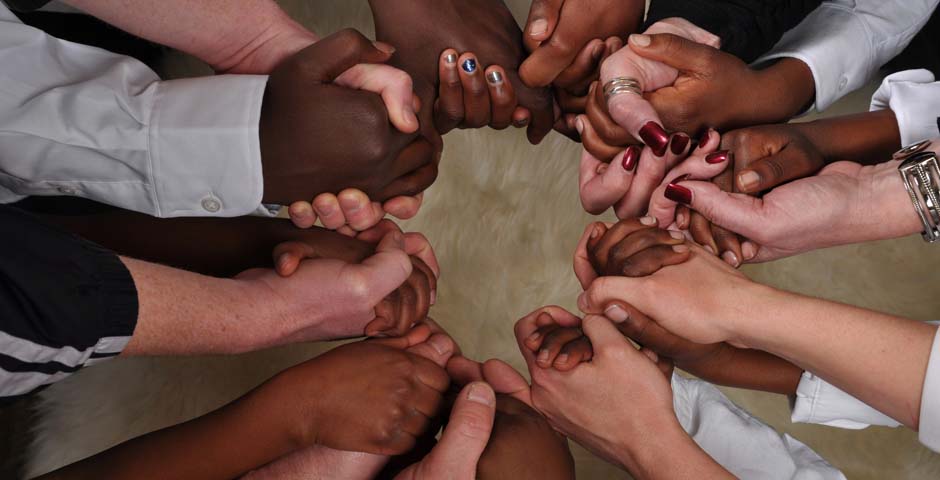HISTORY: Rather than eliminating segregation between races, Black History Month perpetuates it.
By Valeria Carrillo, Opinions Editor
As the “land of the free,” the United States celebrates a variety of cultural holidays such as St. Patrick’s Day, Cinco de Mayo and Hanukkah. The longest holiday celebrated is Black History Month, which takes place every February. The holiday centered on African American society was created in 1926, a time when segregation was prevalent. The purpose behind this month is to educate America about the adversity the Black community endured in order to obtain equal rights and opportunities and the contributions Blacks have made to American history. Despite good intentions, creating a month to specifically celebrate African Americans unintentionally segregates their history from American history. In order to move forward as a country, segregation should be remembered, but not isolated as its own study of history. So is Black History Month necessary?
Although some believe that Black History Month positively impacts society by informing individuals about African Americans’ revolutionary accomplishments and celebrating their battle for freedom, others find the month unnecessary. In an interview with 60 Minutes, Academy Award-winning and admired African American actor, Morgan Freeman, expressed his dislike of Black History Month. “You’re going to regulate my history to a month?” he asked and continued, “I don’t want a Black History Month. Black History is American History.”
Instead of gradually teaching America about its historical society, Black History Month condenses centuries of African American history into a month while the rest of history is taught over a 12-year period. According to Todd D. Nelson’s Handbook of Prejudice, Stereotyping, and Discrimination, “children exposed to this [race-related educational material during Black History Month] information may conclude that race is an important dimension along which individuals differ—thus, stereotyping and prejudice will increase rather than decrease.” Consequently, children might conclude that Black History Month is a holiday set aside for a select group of people, thereby placing the idea at an early age that African Americans are unlike the rest.
African Americans contribute just as much to American history as all other races do. Since we are all a part of one nation, every month should be celebrated with diversity.

